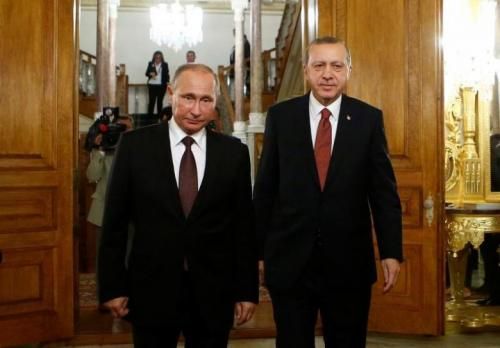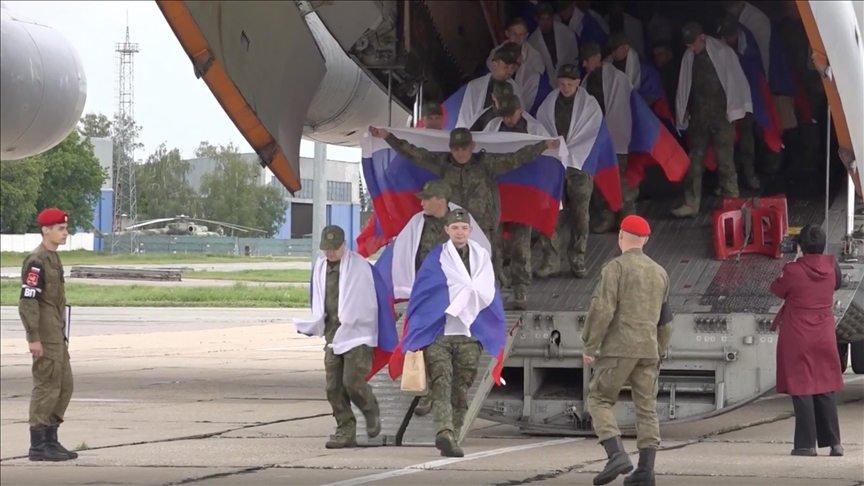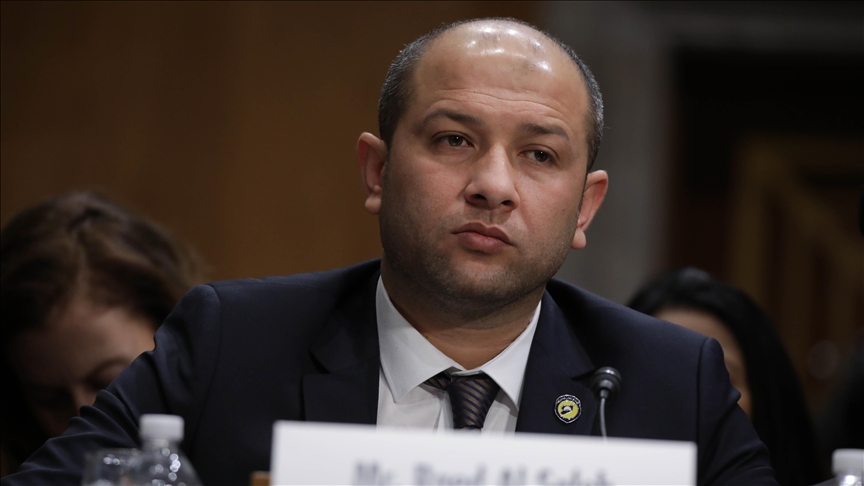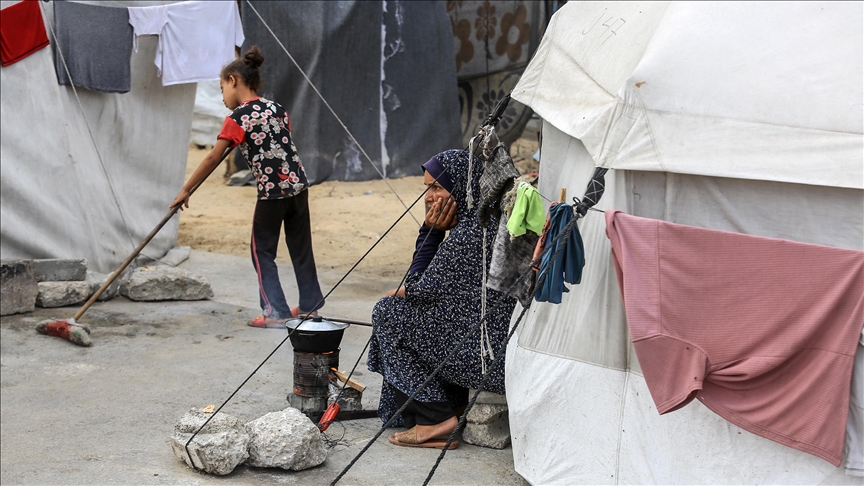Call it a pop-up alliance. After spending much of this year berating each other after Turkey shot down a Russian jet over the Syrian-Turkish border, the two governments are suddenly the "honest brokers" of a ceasefire in Syria -- one that is designed to lead to political negotiations. The United States, which has long championed the stuttering diplomatic process on resolving the Syrian conflict, is nowhere to be seen.
The ceasefire -- negotiated between Russia, Turkey and the Syrian government as well as Iran and Syrian rebel groups supported by Turkey -- explicitly excludes factions deemed by the United Nations Security Council as "terrorists." This rules out the Islamic State in Iraq and Syria (ISIS) and Jabhat Fateh al-Sham, the former al Qaeda affiliate in Syria that used to be known as Jabhat al-Nusra.
Russian President Vladimir Putin declared that the ceasefire was only the first step, with other documents signed on enforcing the truce and beginning peace talks. The Syrian military promised to cease operations nationwide at midnight Thursday.
Here's how the deal looks.
Russia, Turkey in driving seat
Russian and Turkey are now driving what had been a UN-led political process.
Each is responsible for bringing its own allies into the process: the Russians will bring the Assad regime on board and the Turks as many moderate factions as they can coax or cajole. Both sides envisage a rapid timeline, with the Turkish Foreign Ministry saying the Assad regime and opposition would meet soon in Kazakhstan, according to Turkish state media.
Plenty can still go wrong, and recent history gives little cause for optimism.
Putin acknowledged that "all the agreements reached are very fragile." Turkish Foreign Minister Mevlut Cavusoğlu said Thursday that details on how to monitor the ceasefire and apply sanctions against those who breached it were still being worked out. And he insisted there would be no direct negotiations between Turkey and the Syrian government.
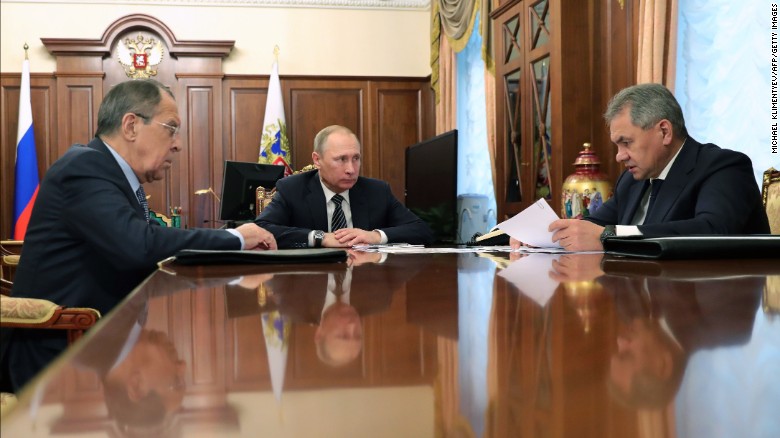
But the intent is clear: peel off moderate rebel groups from the tacit alliances they have formed with radical Islamist groups in parts of Syria. Then crush the militant groups excluded from the process. And this is where, inevitably, things get complicated.
The Russian Defense Ministry said influential Islamist groups such as Ahrar al-Sham and Jaysh al-Islam have signed up to the process. But the Syrian army has asserted that groups linked to Fateh al-Sham, of which Ahrar al-Sham has been the most prominent, will be excluded from the deal.
One source in Ahrar al-Sham, which receives extensive support from Turkey, acknowledged that it is involved in the negotiations. But late Thursday the group said on its Twitter feed that it "has reservations about the proposed agreement" and had not yet signed. Its ultimate decision will be important. If Ahrar does sign up, Jabhat Fateh al-Sham will be isolated and vulnerable.
Obama administration ignored
The timing of the deal is critical. The Russian-Turkish entente has exploited the political transition in Washington, ignoring the Obama administration in its dying days and betting that the Trump administration will accept a process already under way.
Russian Foreign Minister Sergey Lavrov has already issued the invitation.
"I would like to express the hope that as soon as the administration of Donald Trump takes office, they will also be able to join these efforts," he said during a meeting with Putin in Moscow.
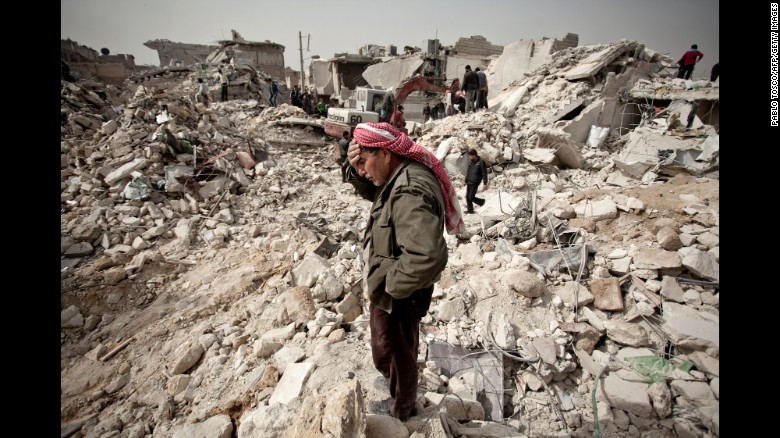
Sergey Aleksashenko at the Brookings Institution says "Trump may believe that there isn't a clear alternative at this point, since the Syrian opposition has not been able to unify or put forward a single leader."
The President-elect has expressed doubts about the reliability of moderate groups previously supported by the Obama administration and suggested his administration would consider joining Russia in the battle against ISIS in Syria.
Why Turkey embraced Russia
The critical event in bringing about the new entente between Moscow and Ankara was the fall of Aleppo. The Assad regime -- along with its Russian and Iranian sponsors -- turned the tide of the civil war in seizing complete control of the largest city, or what remained of it. Rebel groups -- some of them supported by Turkey and the Gulf States -- retreated in disarray. Their evacuation was negotiated between Russia and Turkey.
Vladimir Putin held all the best cards, and it seems that Ankara decided to cash in its chips. It was not abandoning its allies among the Syrian factions, but refocusing its efforts on creating a "Turkey-friendly" region in northern Syria. In the process President Recep Tayyip Erdogan has sought to kill two birds with one stone.
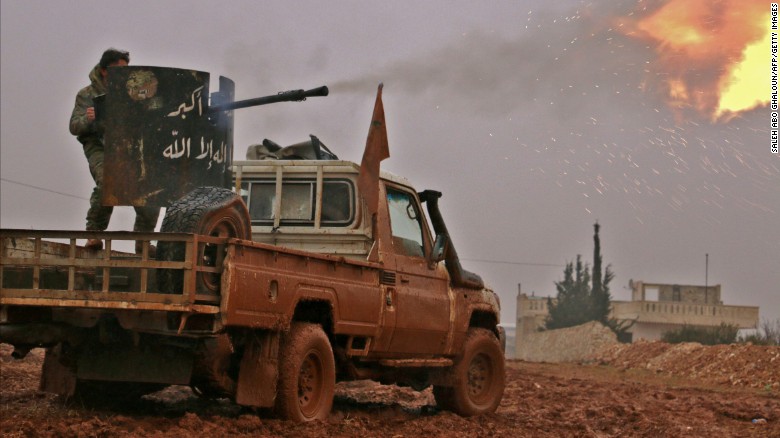
Turkey has long been exasperated by US support for the Syrian Kurdish militia known as the YPG. "Up to now, the US has given weapons to the YPG, full stop," Cavusoğlu said Thursday.
Washington sees the YPG as its battering ram against ISIS in northern Syria. Turkey sees it as a terror organization intimately linked to its own Kurdish insurgents, the PKK. A CNN team inside northern Syria earlier this year saw plenty of evidence of those links, including large posters of the PKK leader Abdullah Ocalan in many Kurdish-dominated towns.
The United States has denied supplying the YPG with weapons but says it provides tactical support to the Syrian Democratic Forces, the umbrella group in which the YPG is the main component.
One sign of the new cooperation between Russia and Turkey is the introduction of Russian air power this week to help groups allied to Turkey rid the strategic town of Al Bab in northern Syria of ISIS fighters. Another is the establishment of a hotline to monitor breaches of the new ceasefire.
Assad remains a hurdle
The Russia-Turkey axis may be a marriage of convenience, and there are some major hurdles to overcome. Turkey wants the Lebanese Shia militia Hezbollah -- a key military supporter of the Assad regime -- out of Syria. That will not sit well with Iran, which is also sponsoring the ceasefire process.
Nor has Turkey abandoned its long-term goal that President Bashar al Assad must step down. That also remains the position of the Free Syrian Army, whose representative Abu Zeid said Thursday: "The fact that the negotiations are based on Geneva 1 [the UN-sponsored peace process] means that there is no place for Assad in Syria's future."
In addition, some fighters with Islamist groups -- especially in Ahrar al-Sham -- may opt to join the resistance rather than lay down their arms. And the Gulf states -- especially Qatar and Saudi Arabia -- may decide to double down
on their support for groups opposed to negotiations.
Abu Zeid, who took part in the negotiations on behalf of the opposition, insisted Thursday: "Our message to the Syrian population is that our fingers will remain on the trigger."
But the truth is that armed and political opposition to the Syrian regime, shorn of its support from Ankara, has rarely been weaker since the uprising against Bashar al-Assad began five years ago. And the most influential actors on the ground in Syria -- Russia, Turkey, Iran and the Syrian regime -- are, for now, all on the same page.

